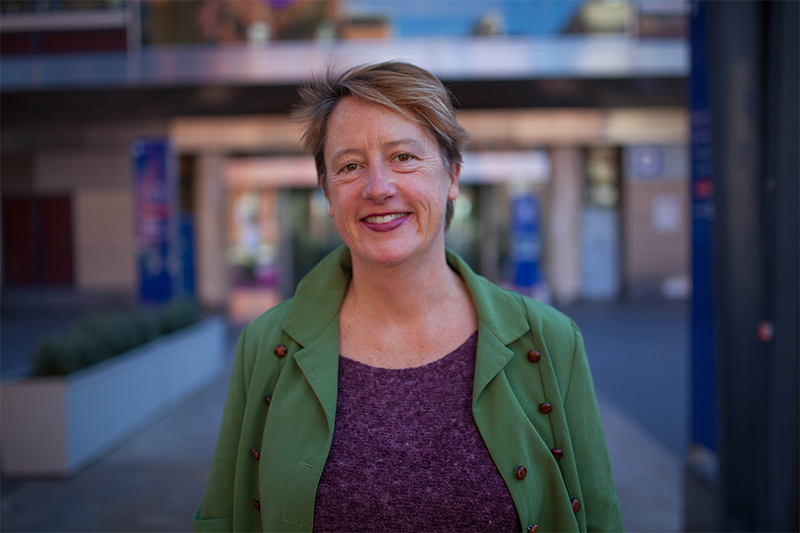Consensus survey identifies critical gaps in emergency healthcare across the Pacific Islands

Dr Georgina Phillips
Tuesday 18 August 2020
A study on how emergency departments operate across the Pacific Islands has provided a much-needed roadmap for medical teams to be better prepared when faced with a high-demand healthcare crisis or climate catastrophe.
The 18-month research project found the pre-hospital care system across the region was vastly under-developed and under-resourced, which would have huge implications if a surge response was required.
The study was led by Dr Georgina Phillips, an emergency physician at St Vincent’s Hospital Melbourne (SVHM) who has worked in the Emergency Department team for 21 years.
Dr Phillips was a volunteer doctor in Kiribati and the Solomon Islands during the early part of her career. She experienced first-hand the challenges faced by emergency department teams in the Pacific Island region.
“If you have a resilient, robust healthcare system that has a good pre-hospital set-up, well-resourced emergency departments with a high-functioning triage system and staff then you can handle a surge event more effectively than if you don’t have those systems,” Dr Phillips says.
“And for the most part, those systems are lacking across the Pacific Islands, so if a surge were to happen, everything would fall apart really quickly.”
Study breakdown
More than 200 participants from 17 Pacific region countries and territories took part in the study that was done in partnership with the Secretariat of the Pacific Community.
Dr Phillips says everyone from doctors and nurses, to hospital administrators and ministry of health staff were involved in the workshops and surveys conducted as part of the project.
“These processes helped collect baseline information and encouraged participants to share what they thought were priorities for development and what standards they thought could apply across the region,” she explains.
Using the World Health Organisation’s health system building blocks as a guide and adapting the framework to suit the conditions being investigated, Dr Phillips says they were able to gain structured information about emergency care systems in the region including urgent care for those at the scene of an injury or illness, ambulance transport and emergency department units.
The preliminary data findings were presented at the Pacific Regional Heads of Health meeting last year where the emergency care development priorities and standards were considered for regional endorsement.
“This is the first time we have used this kind of process across a whole region and have been very pleased with the outcome,” Dr Phillips says.
The findings
Apart from identifying huge gaps in pre-hospital care systems Dr Phillips says the research showed a lack of consistency when it came to triage systems. In some countries they found four different triage systems being used, which placed undue pressure on medical teams to work efficiently and effectively.
“Triage is a key function of emergency departments to help sort patients and enable you to use your resources as best as possible,” she adds.
The study also found significant holes in staff training, standardised clinical guidelines and provision of essential equipment, as well as poor patient-flow management.
Moving forward
Dr Phillips says the first step towards change is to focus on human resources by dedicating funding and energy to training doctors and nurses for emergency care.
“Advocacy and education should be the next priority – getting the Ministries of Health and health leaders to understand the connection between routine emergency care and disaster response as a way of building up the hospital and system resilience,” she adds.
Dr Phillips led this study as part of her PhD at the School of Public Health and Preventive Medicine, Monash University. The study was also recently published in the Lancet Regional Health – Western Pacific.
As a member of the St Vincent’s Pacific Health Fund, she found the strong networks developed through the support programs the group operates across the Pacific Islands helped facilitate relationships that were key to the study’s success.
“The level of engagement from the different communities was extremely positive and I am looking forward to seeing how they adopt the practices we have identified,” Dr Phillips says. “Although it will take time, this is an important beginning.”